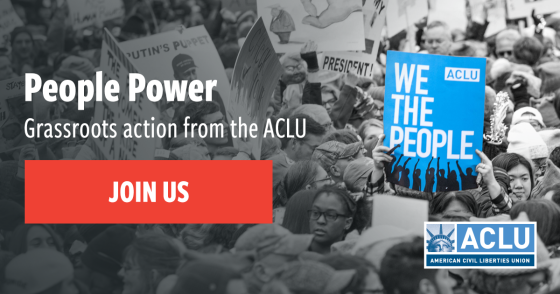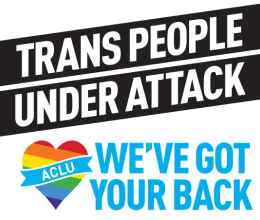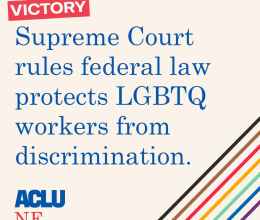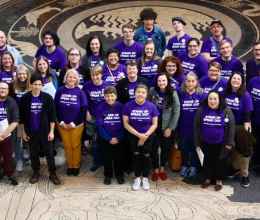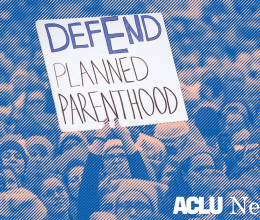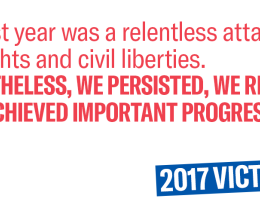My name is Eris Koleszar. I am a transgender woman in Nebraska. I’ve recently spoken to the Nebraska Board of Education and the Omaha Public Schools Board about needing to ensure all students in Nebraska – including transgender students – have the opportunity to learn and grow.
Before a recent Omaha Public Schools board meeting, I looked over the OPS antidiscrimination policy and it was glaring to me that gender identity and gender expression are not explicitly protected. I’m glad that the OPS Board is having a conversation and that multiple board members expressed support for transgender students. I hope that OPS and other schools around the state will learn from Bellevue Public School’s example of putting policies in place to give transgender students a chance to succeed.
I've lived in Omaha for about a decade, but I grew up outside a small town of 2,000 in Indiana. In high school, just over a decade ago, the words “gay” or “homosexual” weren't even mentioned in our school by anyone except kids who were using them as slurs against other students. We didn't have a Gay Straight Alliance. In fact, the word transgender wasn't even mentioned once in my entire public school education. I am here speaking to you because I still grieve for the child I was who didn't have the chance to be herself. There was absolutely no space for Eris at school. I know without a doubt I would never have been allowed to use the women's restroom, to play on the women's teams, to have my name and pronouns taken seriously. And I can also tell you that my parents would have been the ones going to the school board meetings making sure that I would never have those opportunities.
Transgender Students: Know Your Rights in School
The school board didn't have a resolution that banned trans kids from the restrooms they identified with. No one needed to speak hateful words against transgender people for me to know the hate. I know now—and I knew then—because the norm in this culture then and now is transphobia. We are still feared. And that fear seeps into the very deepest part of our bones.
Let me tell you one other thing: teenage me also would have fought at those school board meetings to keep kids like myself from being comfortable in their gender identity. And maybe that is the saddest consequence of the cultural demonization and erasure of trans identities. The consequence of silence, inaction, and apathetic exclusion of trans kids; to learn to hate yourself because of unchangeable parts of your identity. How can we say that we are supporting our transgender students if we do not acknowledge them? Acknowledge their identities, acknowledge their needs, acknowledge that they are still targets of hate and fear coming from our culture and even our political leaders?
In light of the bathroom bills that are trying to be passed and have passed across the country; in light of the shooting in Orlando; in light of the guidance outlined by the Department of Justice about Title IX’s application to transgender students: the inaction and silence of educators and policy makers will only reinforce transgender students’ worst fears—that they are not seen, they are not heard, and that there is no room for them in Nebraska.
I know it is far from the end of this debate, but I have hope future generations of transgender students won’t have to face what I did. But getting there takes work. It takes transgender people standing up and sharing their stories and it takes cisgender people amplifying their voices and confirming the validity of their identities and experiences.
